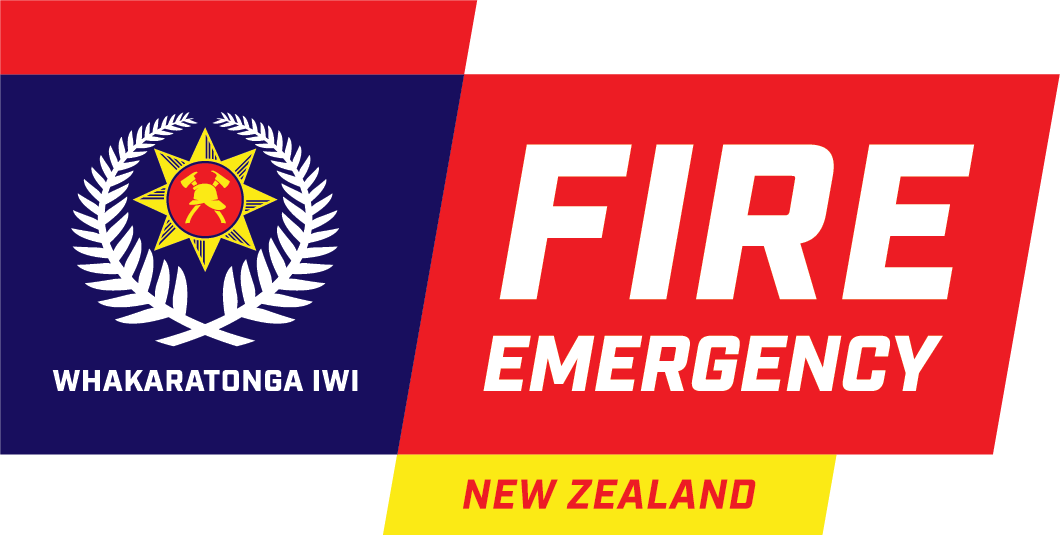Recently published CRF Research
Differentiating Strong and Struggling Volunteer Brigades, Ethos Consulting
The focus of this research was to identify the contributing factors that differentiated volunteer brigades. The research took a wide investigative approach to endeavour to create a map of the key themes affecting a broad section of brigades across New Zealand. This map formed the basis of the second key goal, the creation of a measure that is completely centric to the NZFS Volunteer Brigades. The research findings have been used in the design of the volunteer support programme for Fire and Emergency New Zealand which includes increased access to advocacy and safety, health and wellbeing support services, simplification of reimbursement processes and additional roles to support training, development and administration.
The full report can be accessed here(external link) and a two-page summary here.
Environmental Criteria in Firefighting, Institute of Environmental Science and Research Limited (ESR)
This is a series of three reports exploring environmental criteria in fire-fighting. Report 1 provides a review of New Zealand position relative to similar jurisdictions. Report 2 assesses the impact of the new generation of ‘environmentally-friendly fire-fighting foams. Report 3 assesses the critical parameters that might contribute to a New Zealand specific environmentally- aware firefighting model. This research enables assessment of risk within the context of a specific incident and may inform decisions regarding deployment of specific operational tactics for resolving the incident.
The three reports can be accessed here(external link).
The Voice of the Family: Research with Families of Volunteers, Litmus
Previous research has indicated that work and family are the two main reasons that volunteers leave the fire services, however little research had looked at the impact volunteering has on families and family experiences. This research illustrates how families enable volunteers to serve their communities and the impact that volunteering has on families.
The full report can be accessed here(external link) and a two-page summary here.
Jon Kneebone, the project sponsor, talks about his experience of being involved in this project and how it is informing future developments:
It was great to get the opportunity to be involved in a research project first hand, normally we rely on research that has been commissioned by other organisations and institutions that may answer some but not all of our questions. Working with Sally and Jaci from Lithmus has allowed us to gain a much deeper understanding of the impact of volunteering on families and family life. One of our (draft) volunteer principles is that the voice of the volunteer is reflected in our decision making. Using a design workshops approach ensured our volunteers and their families got the opportunity to put forward their own ideas and suggestions as to how Fire and Emergency New Zealand can support them better.
A feedback workshop was held with the Sally Duckworth and Jaci Sinko from Litmus and representatives from Fire and Emergency New Zealand on 18th July to discuss these research findings.
This workshop outlined the purpose and approach of the research before looking at the findings. Sally and Jaci used a variety of visual aids to describe the impact volunteering has on families:
- A rope represented the tug of war between brigade and family responsibilities
- A paintbrush represented the household tasks that often are unfinished due to volunteering
- Handcuffs demonstrated the restriction on mobility that volunteering had on families e.g. not moving out of cell phone range
- A stress ball represented the impact on wellbeing for families
- And money represented how financial security can be impacted by volunteering

Practical solutions were identified during the design workshops such as
- Developing a system to inform families of brigade movements
- Introducing a discount scheme for families
- Providing information for families on what to expect when a family member becomes a volunteer
The Volunteer Resilience team is now using the research findings to inform the development of volunteer support activities.
Thank you to those brigades and fire forces that supported this research as well as the volunteers and family members that participated.
Moving forward
The move to Fire and Emergency New Zealand provides an opportunity to review how research is funded, managed and used. Recent reviews of the Contestable Research Fund have identified a need to strengthen:
- the value and relevance of research
- the impact of funded research on existing and future service delivery
- use of research based knowledge in decision making
- the focus on long-term strategic priorities as well as short term operational needs
We are currently exploring with colleagues across Fire and Emergency New Zealand how we can effectively meet the research needs of the organisation and support evidence based decision making.
For further information about research at Fire and Emergency New Zealand, please contact Zoe Mounsey, Senior Research Programme Advisor or visit the Research page on the Portal.
